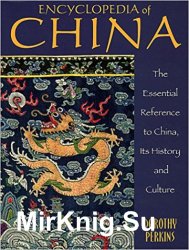- Добавил: tatanavip
- Дата: 24-07-2025, 11:56
- Комментариев: 0

Название: Купец. Цикл из 12 книг
Автор: Павел Вяч
Издательство: Самиздат
Год: 2024-2025
Формат: fb2, rtf
Размер: 14 Мб
Качество: Хорошее
Язык: Русский
Я - Макс Огнев, и я без пяти минут миллионер. Точнее был им, пока не попал в эту чертову воронку... И вот я в Российской Империи, да ещё и последний из рода Пожарских. Рода, на который объявлена охота.
Как выжить в этом мире Проколов, дворянских родов и интриг? Стать лучшим Воином, Магом или Инженером?
Я решил пойти по другому пути – построить собственную финансовую империю.
Теперь меня зовут Макс Огнев-Пожарский, и я Купец первого ранга.


 Название: Love Sewing
Название: Love Sewing





